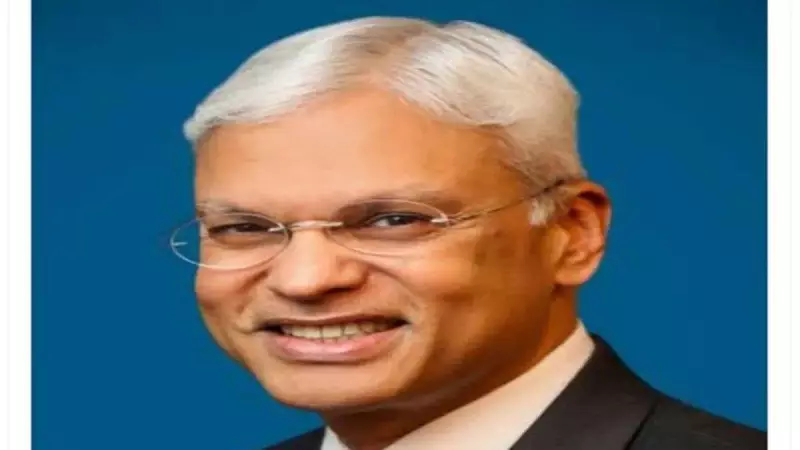
In a dramatic turn of events that has captured international attention, a United States court has granted pre-trial release to prominent Indian-American scholar Ashley Tellis, who faces serious espionage-related charges. The decision marks a crucial development in a case that has sparked debates about academic freedom and international relations.
Court Grants Freedom Amidst Serious Allegations
The US District Court for the District of Columbia approved Tellis's release under strict conditions, despite the gravity of the charges against him. The scholar, known for his expertise in international relations and strategic affairs, had been detained since his arrest earlier this year.
The court's decision came after extensive arguments from both prosecution and defense teams, with judges weighing the seriousness of the allegations against Tellis's rights and the presumption of innocence.
Background of the Controversial Case
Ashley Tellis, a respected academic with extensive credentials in foreign policy and security studies, was charged with espionage-related offenses that have raised eyebrows in diplomatic and academic circles. The case has drawn particular attention given Tellis's high profile and his previous advisory roles in government circles.
The specific nature of the allegations remains classified, though court documents suggest they involve the unauthorized sharing of sensitive information. The prosecution had argued for continued detention, citing flight risk and potential danger to national security.
Conditions of Release and Next Steps
Under the terms of his release, Tellis must comply with several stringent conditions, including:
- Surrender of his passport and travel documents
- Electronic monitoring and home confinement
- Regular check-ins with court authorities
- Restrictions on communication with potential witnesses
- Prohibition from accessing classified materials
The case continues to move through the judicial system, with pre-trial proceedings expected to extend for several months. Legal experts suggest the court's decision to grant release indicates potential weaknesses in the prosecution's case or concerns about the evidence presented.
International Reactions and Implications
The case has generated significant interest in both India and the United States, with academic communities and diplomatic observers closely monitoring developments. Many see the charges against Tellis as part of broader patterns affecting scholars working on sensitive international security issues.
Human rights organizations and academic associations have expressed concern about the potential chilling effect such cases could have on scholarly exchange and international research collaboration.
As the legal battle continues, the academic community awaits further developments in what many consider a landmark case at the intersection of national security, academic freedom, and international relations.





